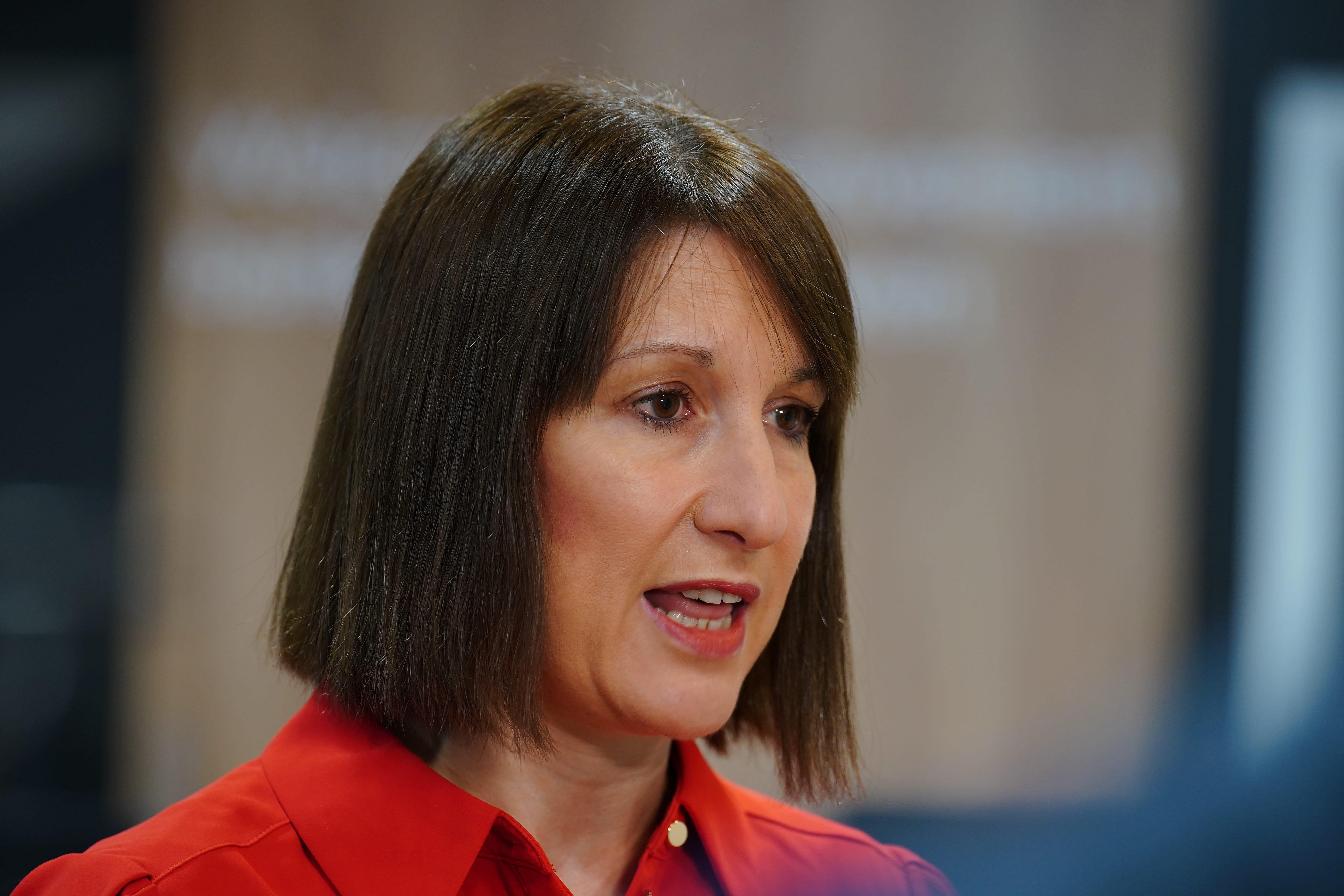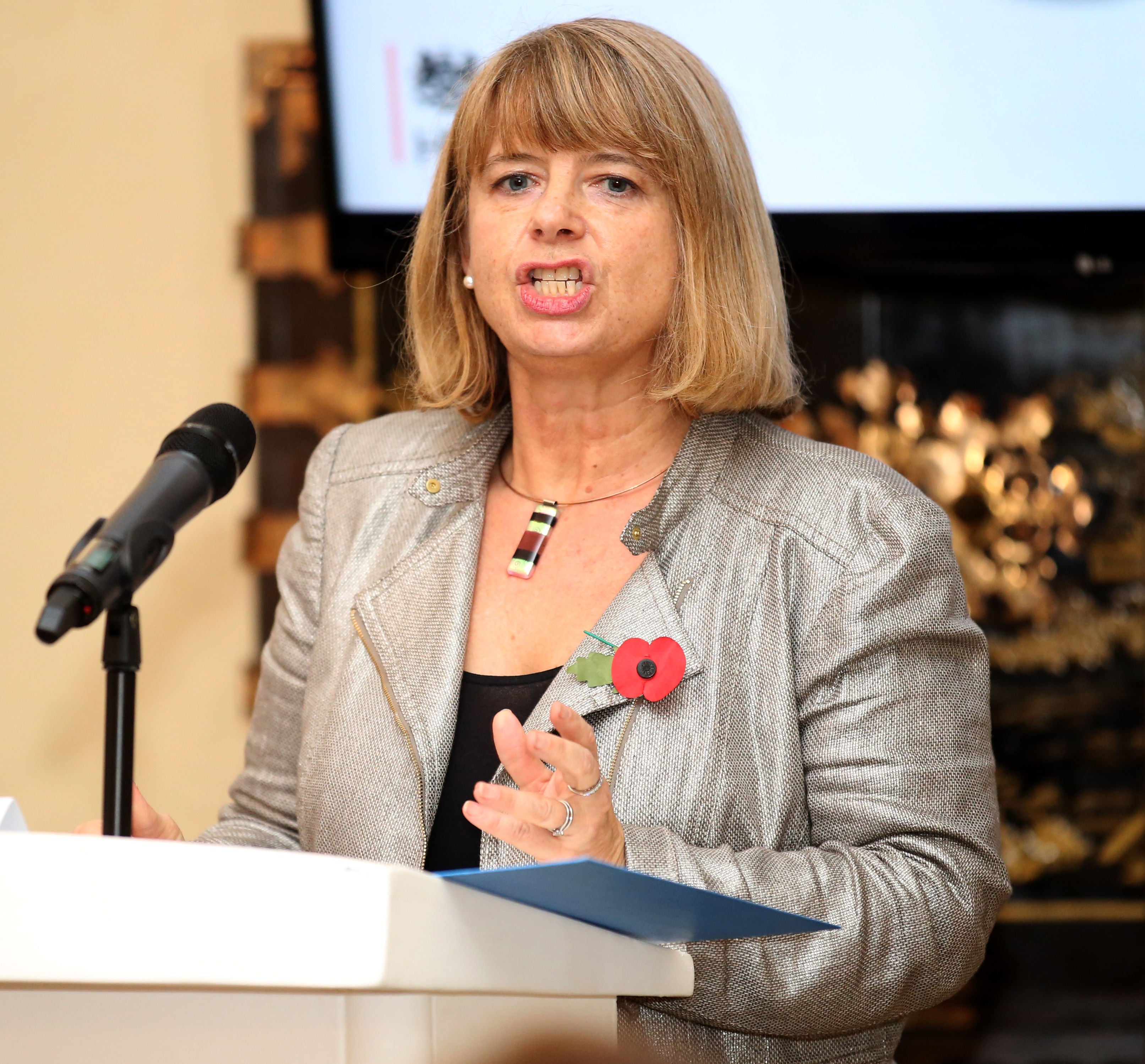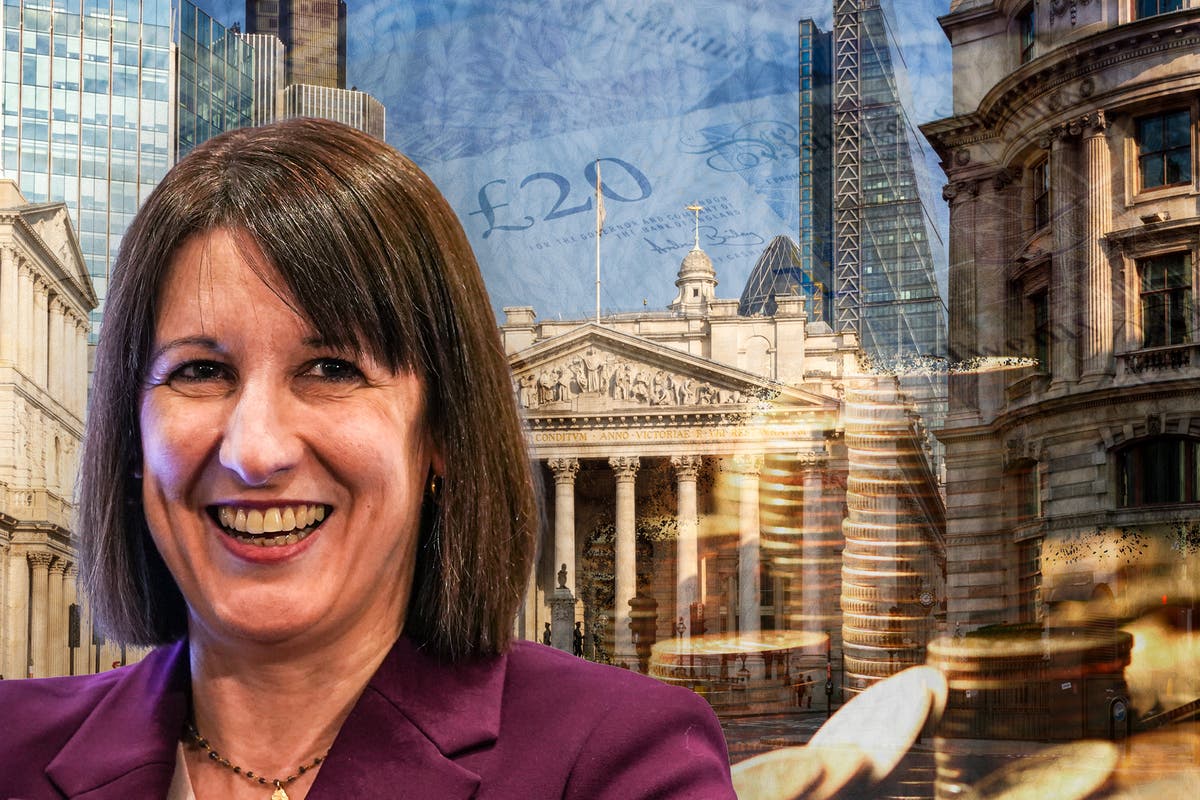Rachel Reeves has hailed new growth forecasts that claim the UK will be the fastest-growing major European economy over the next two years.
The International Monetary Fund’s latest World Economic Outlook report, published on Friday, indicates that Britain’s gross domestic product (GDP) is on track to grow by 1.6 per cent in 2025, up on the 1.5 per cent it predicted last October. Combined with inflation easing slightly this week, the latest figures give the beleaguered chancellor some breathing space after weeks of pressure over Britain’s finances.
Concerns over potential stagflation – where growth is stagnating but inflation remains high – caused a jump in borrowing costs and a fall in the pound this month, but both metrics have eased back in recent days following the slowing down of inflation in the UK and US.
The IMF said growth is now expected to accelerate to 1.6 per cent in 2025 and 1.5 per cent in 2026, outstripping fellow European economies in Germany, France and Italy.

“The UK is forecast to be the fastest growing major European economy over the next two years and the only G7 economy, apart from the US, to have its growth forecast upgraded for this year,” Ms Reeves said. “I will go further and faster in my mission for growth through intelligent investment and relentless reform, and deliver on our promise to improve living standards in every part of the UK through the plan for change.”
However, the latest IMF figures also showed weaker growth last year than it had forecast, growing by just 0.9 per cent last year, down from its previous forecast of 1.1 per cent. And the Office for National Statistics revealed on Thursday that UK GDP grew by a weaker-than-expected 0.1 per cent in November. This came after a 0.1 per cent decline in October and zero growth over the third quarter of the year.
The chancellor has faced calls to resign in recent weeks during ongoing concerns about the impacts of record tax rises unveiled in October’s Budget and fears of further cuts to come.

Tory MP Harriet Baldwin, who sits on the Treasury committee, told The Independent: “We all want growth but adding £200bn of taxes over this parliament to the businesses, farmers and charities that generate investment and jobs will mean that the economy will grow less and with fewer jobs than it would have done without the choices made by the chancellor in her Budget.”
Ms Baldwin also took a swipe at the IMF’s forecast, noting that the global economic body “has never been willing to give evidence in public about its forecasts to the Treasury select committee, which is a shame”.
And the Liberal Democrats demanded the government scrap the increase to employers’ national insurance contributions (NICs), dubbing the UK’s growth “sluggish”.
The Lib Dem Treasury spokesperson Daisy Cooper said: “At the Budget, the chancellor failed to deliver on their promise of economic growth. Instead, the government introduced a problematic jobs tax and as a result we are seeing sluggish growth.
“This cannot continue, after years of stagnation thanks to the former Conservative government’s economic mismanagement, we need to see a real growth plan from the government. To kickstart the economy the chancellor must scrap the jobs tax.”

Young’s brewery on Thursday warned it plans to increase the price of a pint from between 3 per cent and 3.5 per cent as a result of the increase cost of employers’ NICs paid by employers, which comes into effect from April.
The brewery’s chief executive, Simon Dodd, said: “We’ll mitigate as much as we can of the NI contribution – we’ll do that through efficiency, we’ll do that through investing in our pubs. But there will be some price passed on to the consumer.”
But Ms Reeves hit back at her critics in an interview on Friday saying she will not let them “get me down”.
Speaking to the BBC’s Political Thinking with Nick Robinson podcast, after borrowing costs rose to the highest level for several years, she argued the rise was “not a British phenomenon” and that other countries had also seen a similar increase.
She also argued she has “what it takes to deliver for people in this country” and the ideas to “turn things around”.
Ms Reeves this week launched a push to encourage regulators to embrace a “pro-growth agenda” after a meeting in the Treasury on Thursday.
As part of this agenda, it was reported that financial regulators are considering relaxing mortgage rules to allow “responsible risk-taking” from borrowers, as well as looking at whether the £100 limit on contactless payments could be axed to allow payment companies to set their own limits – a move which would make it easier for consumers to make larger transactions.









